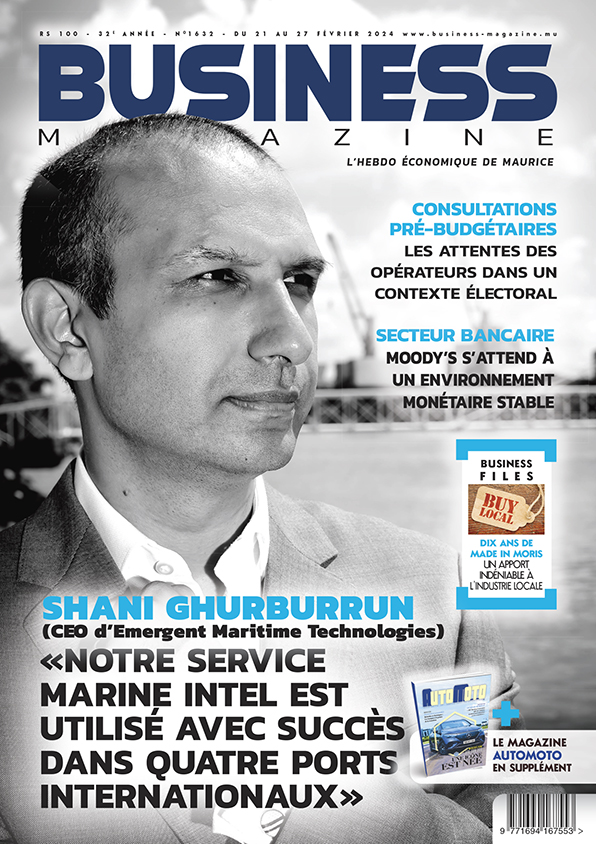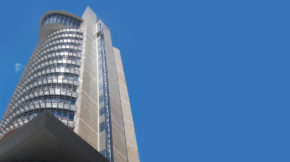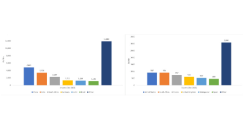A Reluctant Leap: Mauritius Succumbs to Global Oil Price Pressures Amidst Existing Economic Challenges
Share

Mauritius has witnessed another surge in retail oil prices, an outcome which, while undesirable, has been viewed through the lens of inevitability by economic analysts and policymakers alike. The Petroleum Pricing Committee (PPC), in its September 30th, 2023 meeting, recommended retail price hikes for Mogas and Gas Oil, propelling the figures to Rs 72.10 and Rs 60.00 per liter respectively. Behind this decision, lay a confluence of global trends in oil prices and intrinsic challenges persisting within the Mauritian economy.
Global crude oil prices have demonstrated a discernible upward trajectory since July, spiking by 15%, propelled by a contraction in supplies and an unprecedented surge in demand. This phenomenon has been attributed to a slew of factors, including production slashes in key oil-producing nations like Saudi Arabia and a concurrent dip in global inventories.
Notably, the International Energy Agency (IEA) has forecasted potential relief on the horizon in 2024, anticipating a contraction in global demand growth by over half. The IEA, while acknowledging the peak world oil demand of 103 million barrels per day between June and August, driven partly by voracious consumption from nations like China, anticipates a forthcoming deceleration. This is attributed to a stabilization in post-pandemic recovery and global shifts towards reduced dependency on fossil fuels.
While these international developments provided a context, it’s paramount to dive deeper into the internal challenges navigating the Mauritian economic landscape. The PPC, while recommending these new retail prices, was not devoid of considerations towards consumer impact and affordability, particularly in the realm of Gas Oil pricing. Despite a projected 17.60% increase to Rs 64.15 per liter, the uplift was capped at 10% due to regulatory safeguards, epitomizing the tug of war between global market compliance and domestic economic stability.
Historically, the PPC has mitigated the transmission of Gas Oil price hikes to consumers by invoking specific regulations like Regulation 8A of the Consumer Protection Regulations. This strategy, while offering short-term relief, has cultivated a deficit in the Price Stabilisation Account (PSA), indicative of the strategic juggling act being performed by authorities to maintain an equilibrium between economic stability and consumer affordability amidst fluctuating global oil prices.
Moreover, the IEA has identified a slowdown in demand growth to 1 million barrels per day in 2024, despite a surge in global oil prices to near 2023 highs over the past month. The narrative behind these projections encompasses a gradual diminution in fossil fuel dependence and a bolstering of fuel efficiency standards, trends that have elicited a ripple effect globally. For instance, U.S. gasoline prices have risen by 8% in the past month to USD 3.94 per gallon, scaling to a ten-month apex, underlining the pervasive impact of these dynamics.
Within this context, Mauritius finds itself precariously positioned amidst a tumultuous global environment and endemic economic challenges. Entities like the PPC and the Mauritian Government are embroiled in a delicate balancing act, attempting to navigate through these multifaceted dynamics while concurrently safeguarding short-term consumer needs and facilitating long-term stability and economic growth.
As the interplay of future policies and international market trends continue to unfold, the path forward for Mauritius, in terms of fuel pricing, economic stability, and consumer impact, remains intricately entwined with a multifaceted global context. A cautious yet strategic navigation through these conditions by the PPC, the Government, and related entities will undeniably influence the economic trajectory of Mauritius in the ensuing months and years.

















